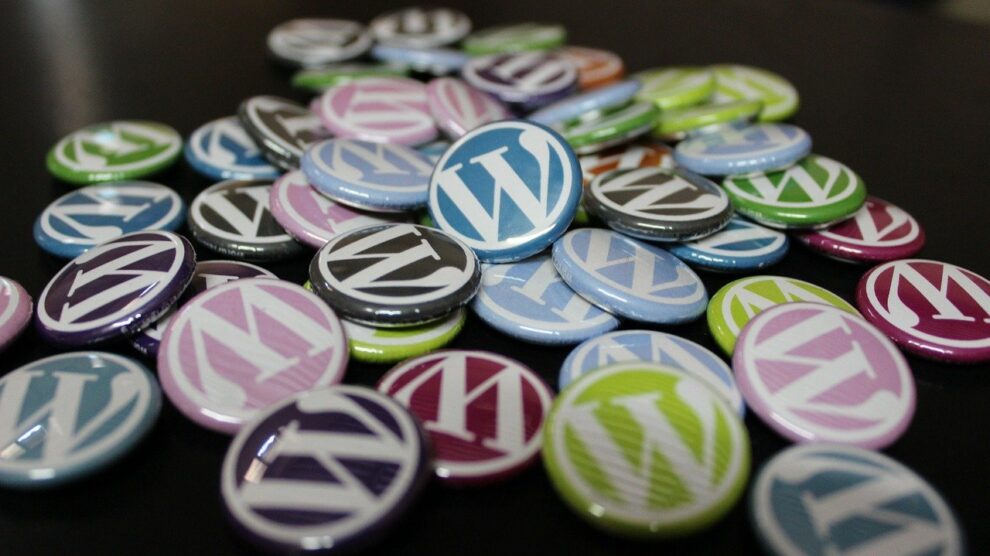WordPress is one of the most widely used content management systems (CMS). Software developers worldwide use the PHP-based platform to create websites, blogging sites, and online stores. Being an open-source and flexible platform, WordPress is increasingly becoming a popular choice for e-commerce websites.
With this mounting popularity, WordPress websites have become a target of hackers. It’s well known that any security breach is a big dent on a brand’s reputation. If you are a website owner, stay alert and talk to security experts; if you are a developer, learn in detail about the risks and safety measures to make the websites secure.
The good news is that averting these risks is not very difficult. You just need to have a strategic, informed approach to the challenge. Read on to learn how you can bolster the security of a WordPress-based website.
Major Signs of Security Vulnerabilities
Security threats to a WordPress website may come in many different forms. Prompt identification of the signs is crucial to better security. Some of the common signs include the following:
- High server load
- Unavailability of information
- Malicious notifications
- Irrelevant content on web pages
- Unknown admin accounts
- Blacklisting of the website by search engines
- Customers’ data breach
- Redirection errors
- High bounce rate
- Decline in sales
- Brute force attacks
Common Security Attacks
1. SQL Injection: Allows a hacker to get inside the website’s database and access customer information, including personal data, credit card details, and transaction history. They can even manipulate records.
2. Malware Attacks: Malware is a malicious code that can access a website, encrypt the database, and customize the site’s functionality. The later stages of such attacks could be substantially damaging. Malware can be blocked if a strong antivirus application is incorporated into the website.
3. Malicious Bots: These are small codes written to perform malicious tasks and can hamper the performance of WordPress websites. Some of them include bandwidth choking, content scraping, and cart blocking capabilities.
With the growth of internet technologies, bots have become very popular among hackers.
4. DDoS Attacks: With a distributed denial-of-service (DDoS) attack, hackers can increase unwanted web traffic and stop genuine traffic. This means people who are really looking for the service don’t get access to the website. This ultimately leads to business loss. DDoS attacks usually occur during festive seasons and peak-hours sales.
Ways to Secure a WordPress Website
The above-mentioned security risks can be prevented by taking necessary steps. The following are some of the most effective measures:
1. Choose a Trusted Hosting Service
The easiest way to keep a website secure is to choose a hosting provider with multiple layers of security. Opting for a cheaper provider may seem compelling, but, given the risks, a costlier option renders long-term benefits. Hosting services with less security may lead to complete data loss and redirection of your URL to an unwanted location. Hence the initial investment is worth it.
2. Avoid Nulled Themes
WordPress offers Premium themes that enhance a website’s security. These themes are coded by skilled developers and undergo rigorous testing. However, some marketplaces offer nulled or cracked themes. These are pirated versions of the premium themes created through illegal means. Nulled themes contain hidden codes and possess serious security risks.
3. Install a Security Plugin
It’s difficult to regularly test a website’s security and make necessary coding updates. If you are not attentive, you will miss a piece of malware written into the code. Luckily, to address such situations, WordPress plugins are available. A security plugin takes care of your website security, identifies the malware and monitors your website round the clock to see what is happening on your site.
4. Integrate SSL Certificate
Secure Sockets Layer, or SSL, is important for websites built on a CMS platform. Search engines recognize only those websites that have an SSL certificate within their search results. For websites that process sensitive data like passwords, or credit card information, SSL adds an extra layer of security. Without an SSL certificate, the data between a web browser and a web server are delivered in plain text. This is simple for hackers to access. By using a SSL, all important information is encrypted before being transferred between the browser and server, making it difficult to breach.
5. Update the WordPress Version
To keep your website secure it is important to update the WordPress CMS every time a new version is released. With every update, developers perform a few customizations and most of them are related to security features. By staying up to date with the latest version you are simply protecting yourself against pre-identified loopholes. Always update the plugins and themes as well. It is important to install all major updates from the WordPress admin dashboard.
6. Restrict Login Attempts
WordPress has unlimited login attempts as a default functionality. While this is helpful if you frequently forget your password, it also exposes you to brute force attacks.
By restricting the number of login attempts, you can minimize the chances of a brute force attack because the hacker gets locked out before executing an attack.
Conclusion
Security is critical to every WordPress website and online store. All possible measures need to be taken to improve it. As a website owner, you must always stay alert and informed about any potential security risk. The best approach is to hire an expert team that can monitor and update security measures when needed. Find a team that best suits your needs and stay in touch with them to make sure your WordPress website is always protected from all potential threats. By relieving yourself of security worries, you can focus on your business and better serve customers.





